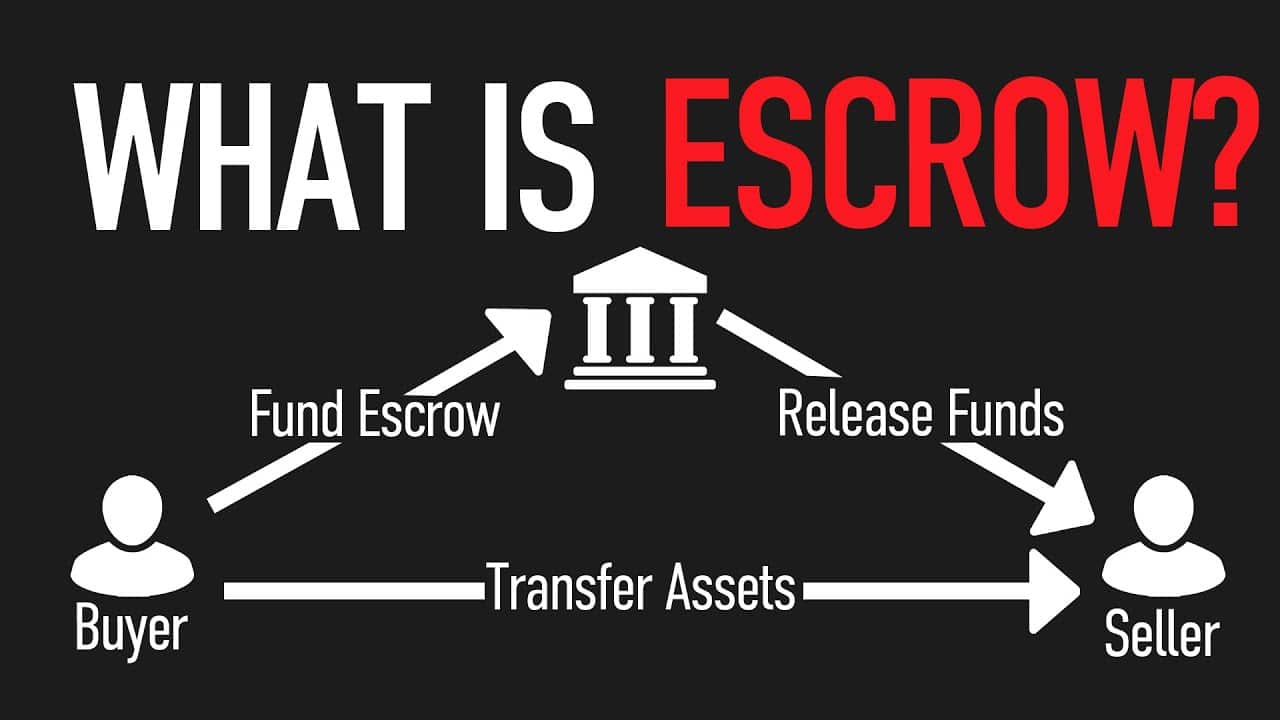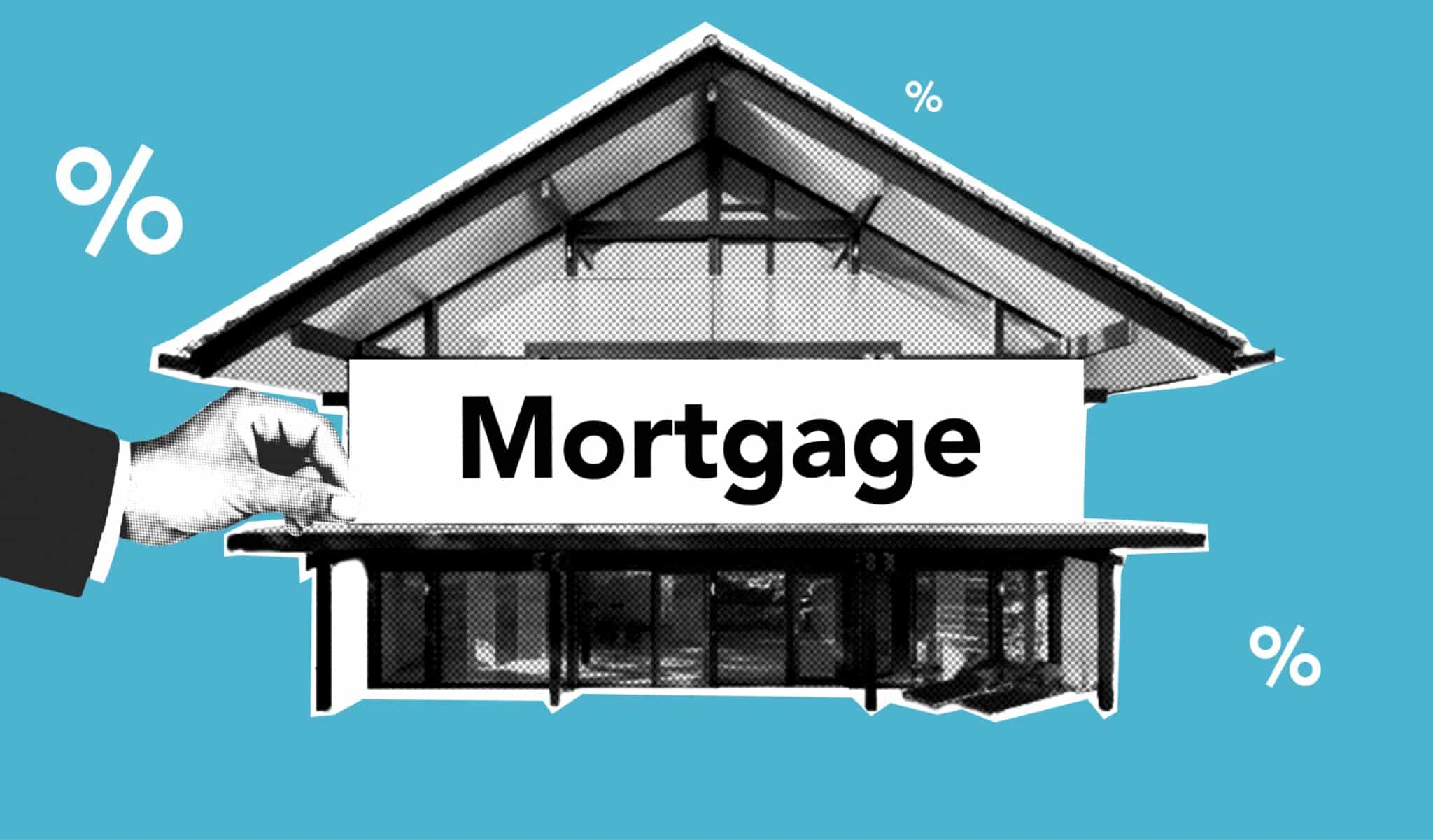Understanding Dual Agency in Real Estate
As you embark on your journey of buying or selling a property, you may come across the term “dual agency.” This concept can be confusing, and you may have questions about what it is, how it works, and whether it is legal. In this article, we will provide you with a comprehensive guide to dual agency in real estate and help you navigate this complex topic.
What is Dual Agency?
Dual agency is a term used to describe a situation where a single real estate agent represents both the buyer and the seller in a real estate transaction. In other words, the agent acts as a neutral intermediary between the two parties. It can also occur when two agents working for the same brokerage represent the buyer and the seller in the same transaction.
How Does Dual Agency Work?
In a dual agency situation, the agent owes a fiduciary duty to both the buyer and the seller. This means that the agent must act in the best interests of both parties and maintain confidentiality. The agent must also provide equal representation to both the buyer and the seller and disclose all material facts about the property.
Benefits of Dual Agency
One of the main benefits of it is that it can make the buying or selling process more efficient. With a single agent representing both parties, there is less need for communication between multiple agents, which can streamline the process and save time. It can also reduce costs for both the buyer and the seller by eliminating the need for two agents and their respective commissions.
Risks of Dual Agency
While dual agency can be beneficial in some cases, it also has its risks. One of the biggest risks is that the agent may not be able to provide impartial advice to both parties. Since the agent owes a fiduciary duty to both the buyer and the seller, there is a potential for conflicts of interest to arise. For example, the agent may not be able to give unbiased advice on price negotiations or property disclosures.
Another risk of it is that it can limit the amount of representation each party receives. When an agent represents both the buyer and the seller, they cannot advocate as strongly for either party as they would if they were only representing one side. This can be particularly concerning for buyers who may feel that they are not receiving adequate representation.
Legal Aspects of Dual Agency
The laws surrounding it vary by state. In some states, it is illegal, while in others, it is allowed with certain restrictions. In states where it is legal, there are typically disclosure requirements that agents must follow. These requirements may include disclosing the relationship to both parties, obtaining written consent from both parties, and providing clear explanations of the potential risks and benefits of it.
Conclusion
Dual agency is a complex concept that can be confusing for both buyers and sellers. While it can offer benefits such as cost savings and efficiency, it also has its risks, including the potential for conflicts of interest and limited representation. It is important to understand the laws surrounding it in your state and to carefully consider whether it is the right choice for your real estate transaction. If you have any questions or concerns about it, be sure to discuss them with a qualified real estate agent or attorney.





